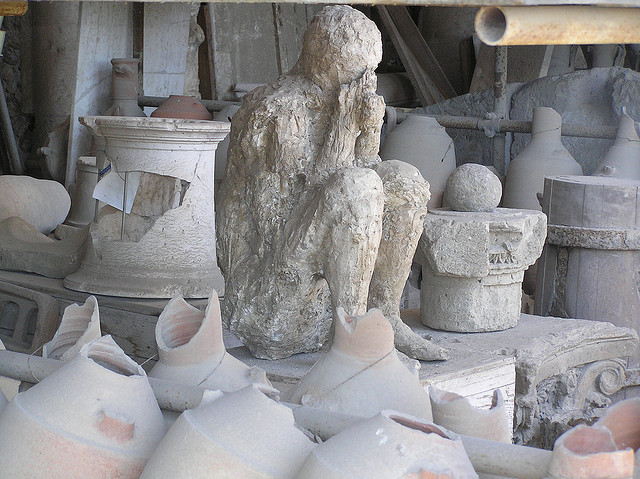 Madison Perry of the Washington Institute for Faith, Vocation, and Culture has been wondering that himself:
Madison Perry of the Washington Institute for Faith, Vocation, and Culture has been wondering that himself:
Do you feel trapped in an occupation? When asked to describe the perfect job, I often find myself frustrated, exclaiming: “It doesn’t exist!”
Recently, a friend confessed a dark day-dream: at least once a day he imagines that if he were to die, the world would go on fine without him. He imagines this because his job isn’t that important. Everywhere he goes he is reduced to his occupation: on Facebook, on LinkedIn, at church where he isn’t recruited to be a vestry member (he would be if he were in finance), at wedding receptions where people grimace slightly when asking him just what he is doing. The narrative of his occupation has engulfed the narrative of his life.
In today’s world, where our occupations are constantly shifting and changing, what can we hang on to instead? Our vocations, Perry says (there’s more on that thought from Steve Garber here, too):
What exceeds our occupations? Our vocations. They are intrinsic to who we are, to the stories of our lives. Even in times of immense turmoil, our vocations remain. Over Christmas I read The Cellist of Sarajevo. It tells the story of a cellist during the siege of Sarajevo. This former Olympic host was surrounded by snipers and mortar canons, trapping the valleyed city in a siege. Sarajevo’s population is reduced to an animal existence – scampering through public areas as they dodge bullets, barely acknowledging their neighbors whom they cannot afford to trust. In the midst of this, a weary cellist dons his tux, pulls a chair out into the street, and sings a commemoration for the dead on his cello. He does this once a day for twenty-two days despite bullets and bombs. As he performs his vocation in the midst of terror, his performance inspires others to return to the gestures that constitute their common humanity – to speak to one another again – to recall the vocation of being humans in community.
Perry points out that the story of Lent reminds us what Christ’s vocation cost him:
When the angry mob rejects Christ’s occupation as ruler, his vocation reaches its peak.Christ’s vocation costs him his occupation. And as all hell breaks loose, we see him perform his vocation to the end, pausing to ask a friend to take Mary as his mother in the future.
1st Peter 2 tells us to regard the Lenten story as an example: Christ sacrifices his perceived occupation and life in fidelity to his vocation, providing a model for us to do the same. Our vocation will define and outlast our occupation, even those occupations that are at first glance embarrassing and painful.
He challenges all of us to see in Lent the suffering our occupations may cause us as a way to live out our vocations. Will you take the challenge?
Image: “Volcano Ash Man” by @Doug88888, used under a Creative Commons license.












